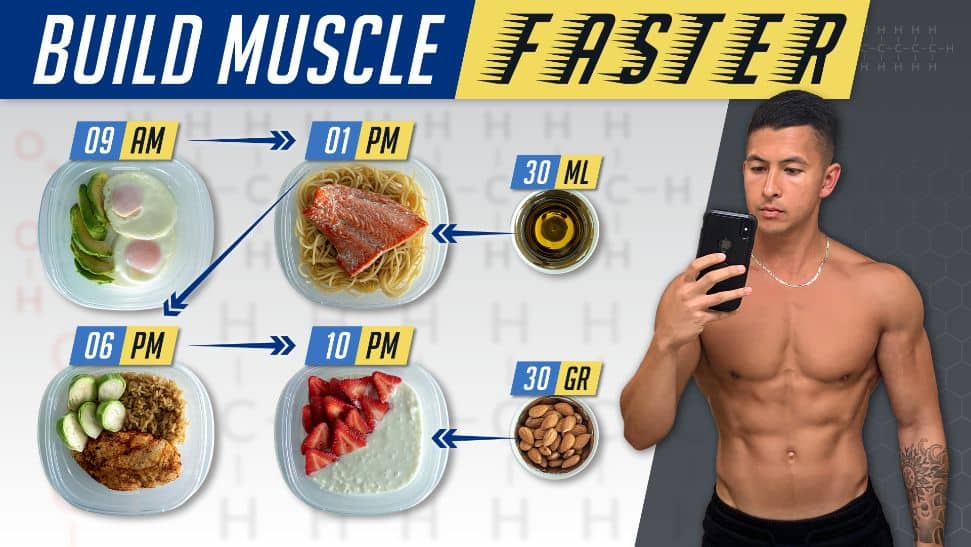The Curated News Hub
Your daily source for diverse news and insights.
Bulking Up Without Breaking Down
Unlock the secrets to effective bulking! Discover how to gain muscle without compromising your health—transform your body today!
Top 5 Nutritional Strategies for Bulking Up Without Breaking Down
Bulking up effectively requires a well-planned approach to nutrition. The first strategy is to prioritize caloric surplus, meaning you should consume more calories than you burn. Aim for a surplus of 250-500 calories per day to facilitate muscle growth without excessive fat gain. Include nutrient-dense foods like avocados, nuts, and whole grains to achieve this surplus. Next, focus on macronutrient ratios tailored for muscle growth: approximately 40% carbohydrates, 30% protein, and 30% fats. This balanced ratio helps ensure your body has the necessary fuel for energy, recovery, and building lean muscle mass.
Another critical strategy is timing your meals around your workouts. Consuming a meal rich in protein and carbohydrates within 30 minutes post-exercise can significantly enhance recovery and muscle synthesis. Additionally, consider incorporating flexible dieting or tracking your intake to maintain accountability. This approach allows for occasional treats while ensuring you stay on track with your bulking goals. Finally, staying properly hydrated is essential, as it supports overall performance, recovery, and nutrient absorption. By following these five nutritional strategies, you can effectively bulk up without breaking down your body.

The Ultimate Guide to Weight Training for Safe Muscle Gains
Weight training is a powerful way to build muscle and improve overall fitness, but safety should always be your top priority. To embark on a successful weight training journey, it’s crucial to understand the basics. Start with a proper warm-up to reduce the risk of injury; dynamic stretches and light cardio can help prepare your muscles and joints. When selecting weights, begin with lighter loads that allow you to maintain proper form. A good rule of thumb is to choose a weight that lets you complete 8-12 repetitions comfortably. This not only promotes muscle gains but also encourages safe lifting practices.
One of the most effective ways to ensure safe muscle gains is to follow a structured program that focuses on progressive overload. This means gradually increasing the amount of weight or resistance over time to continuously challenge your muscles. Remember to include compound exercises like squats, deadlifts, and bench presses, as these engage multiple muscle groups and enhance functional strength. Don’t forget the importance of rest; muscles need time to recover and grow stronger. Aim for at least 48 hours of recovery before targeting the same muscle group again, and always listen to your body to avoid overtraining.
Common Mistakes in Bulking: How to Avoid Them and Build Muscle Effectively
When it comes to bulking, many individuals fall into common traps that can hinder their progress. One of the most prevalent mistakes is overeating without considering the nutritional quality of the food consumed. Simply increasing caloric intake without focusing on macronutrients can lead to unwanted fat gain rather than muscle growth. It's crucial to ensure a balanced diet that includes adequate protein, healthy fats, and complex carbohydrates. To effectively avoid this pitfall, consider tracking your daily macros and focusing on whole foods rather than processed options.
Another significant mistake in the bulking process is neglecting strength training while prioritizing calorie surplus. Some individuals misinterpret the bulking phase as an opportunity to skip workouts or reduce intensity. However, consistent and progressive strength training is essential for converting those extra calories into muscle rather than fat. To maximize your bulking efforts, create a structured workout plan that includes heavy lifting, compound movements, and gradual increases in resistance over time.